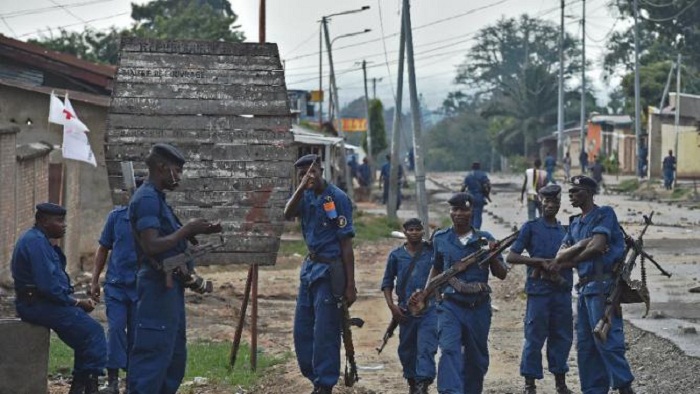Burundi security forces accused of violent repression

At least 87 people were killed, including eight security force members.
The government has not yet responded to the Amnesty report.
But it said soon after the violence on 11 December that those killed were responsible for attacks on government installations.
Unrest has blighted Burundi since an attempted coup in May and protests over President Pierre Nkurunziza`s continued rule.
The attempt to overthrow the president followed his decision to seek a third term in office, which he won in a disputed election in July.
Ethnic conflict between Hutus and Tutsis which began in Burundi in the early 1990s claimed an estimated 300,000 lives.
`Nadir`
"The violent repression that took place on 11 December represented a dramatic escalation in scale and intensity from previous security operations," the Amnesty report says.
"But the modus operandi of the operations - involving extrajudicial executions, systematic looting and theft, arbitrary arrests and targeting of perceived political opposition strongholds - was not qualitatively different from past practice."
Amnesty says that its report was compiled after a two-week fact-finding mission to the country.
Most of those killed on 11 December were residents of districts mostly inhabited by members of the minority Tutsi ethnic group, it says.
"They are considered by the authorities to be pro-opposition areas, as the protests that began in April against President Nkurunziza`s bid for a third term in office started in these neighbourhoods."
Amnesty says that since the beginning of the protests in April, residents of Bujumbura have become accustomed to near-daily reports of corpses being found in the streets.














































